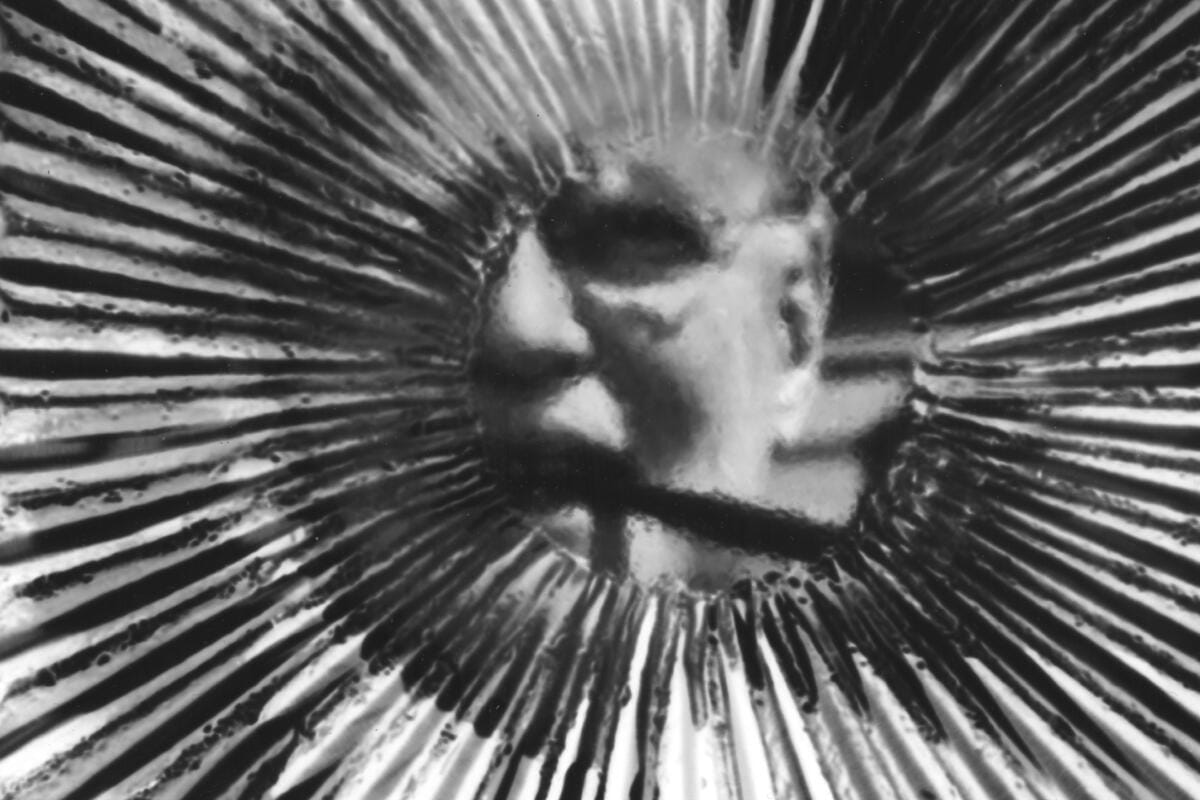Attention all internet sleuths! Prepare yourself for a mind-boggling adventure into the world of Project Nondeus, a thrilling online theory that suggests the CIA is playing God with our beliefs. This alleged clandestine operation, whispered about in online forums, is shrouded in mystery and fueled by speculation. Hold on tight as we explore the fascinating intersection of science and spirituality, examining the potential for weaponizing our faith and even manipulating our very consciousness. Get ready to decode fact from fiction, uncovering historical whispers, cutting-edge tech, and the ethical quagmire lurking around any attempt to shape our thoughts.
Diving Deep into Project Nondeus: Is Mind Control the New Frontier?
Project Nondeus – the name itself sounds like something ripped from the pages of a spy thriller. But is there any truth to these whispers, or is it just another internet rabbit hole? The theory claims that this top-secret CIA operation is designed to pull the strings of our thoughts and control our very minds using advanced technologies, particularly magnetic frequencies.
Fueling the fire are whispers of real-life CIA programs like MKUltra and the Gateway Process. These programs, steeped in historical intrigue, involved mind control experiments and altered states of consciousness. For example, MKUltra, launched in the 1950s, involved drugging unwitting subjects with LSD and using hypnosis in attempts to manipulate behavior. MKUltra remains a chilling example of government overreach and fuels speculation about the potential for these types of programs to resurface in new forms.
While these programs existed, they don’t prove the existence of Project Nondeus. However, they provide a glimpse into the potential for government overreach, adding a chilling layer of plausibility to the theory.
Adding to the enigma is a figure known only as “The Nobody.” This anonymous entity pops up in online discussions, leaving cryptic messages and fueling speculation. Are they a government agent trying to throw people off the scent, or simply a figment of the Project Nondeus mythos? The answer remains elusive.
The Tech Behind the Theory: Can Our Thoughts Be Controlled?
One of the most captivating—and unsettling—aspects of the Project Nondeus theory revolves around the use of magnetic frequencies to control minds. Some proponents point to the existence of technologies like the “God Helmet,” which used magnetic fields to induce spiritual experiences in some subjects. There’s also speculation that the government might exploit ASMR, using specific sound frequencies to trigger certain brain responses.
While it’s true that magnetic fields can influence brain activity, the idea that they can remotely implant beliefs remains highly speculative. Element 115 Lazarium is a recently discovered element that has the potential to revolutionize technology as we know it, but its existence doesn’t confirm the existence or capabilities of Project Nondeus.
It begs the question: where does scientific exploration end and ethical violation begin? While Project Nondeus might lack concrete evidence, it serves as a potent symbol of our fears about technology, government surveillance, and the erosion of our free will.
Debunking Project Nondeus: A Case of Internet Lore?
So, what’s the truth about Project Nondeus? Is this alleged mind control program a reality or a fabrication of overactive imaginations on the internet? Let’s look at the facts (or lack thereof):
- No Official Records: For a project of this magnitude, one would expect some kind of paper trail. Yet, there are no official documents, credible leaks, or whistleblower accounts to confirm Project Nondeus’ existence.
- Reliance on Anonymous Sources: The theory primarily circulates in online forums, fueled by anonymous users and unverified claims. This lack of transparency makes it difficult to separate genuine concerns from misinformation.
- Science Doesn’t Add Up: While magnetic fields can influence brain activity to some extent, the idea that they can remotely control thoughts and beliefs is not supported by current scientific understanding.
It’s possible that Project Nondeus is a case of internet rumors spiraling out of control. The internet can be a breeding ground for misinformation, especially given our tendency towards confirmation bias—seeking out information that confirms our existing beliefs.
The Psychology of Belief: Why Conspiracy Theories Take Hold
Even without concrete evidence, theories like Project Nondeus can be compelling. But why are we so drawn to conspiracy theories, especially in the digital age? Here are a few factors at play:
- Fear and Uncertainty: When faced with complex or frightening situations, our brains seek explanations and a sense of control. Conspiracy theories offer simple narratives that provide a sense of order in chaos.
- The Need for Control: Feeling powerless can be unsettling. Conspiracy theories often center around powerful entities pulling the strings, providing a sense of understanding and control in a seemingly chaotic world.
- The Internet Echo Chamber: Online algorithms often create echo chambers where users are primarily exposed to information that confirms their existing beliefs, making it harder to discern fact from fiction.
Project Nondeus: A Reminder to Think Critically
While Project Nondeus may remain an enigma, it serves as a stark reminder of the importance of critical thinking in the digital age. It highlights our anxieties about technology, government power, and the potential for our thoughts and beliefs to be manipulated.
Here are some key takeaways to consider:
- Be Skeptical: Don’t believe everything you read online. Question sources, seek evidence, and consider multiple perspectives.
- Understand Your Biases: Be aware of confirmation bias and how it can affect your judgment.
- Think Critically: Develop your critical thinking skills. Learn how to evaluate information effectively and identify logical fallacies.
Project Nondeus, whether real or imagined, serves as a powerful reminder of the fine line between scientific exploration and ethical boundaries. As technology advances, we must remain vigilant in questioning its applications and implications.
- Star Ring Trends: Etsy vs Amazon - March 28, 2025
- Boost Pollinator Habitats: Baby Blue Eyes Sustainable Farming Guide - March 28, 2025
- Protect Big Black Bears: Effective Conservation Strategies - March 28, 2025

















1 thought on “Project Nondeus: Unmasking the CIA’s Alleged Mind Control Program”
Comments are closed.